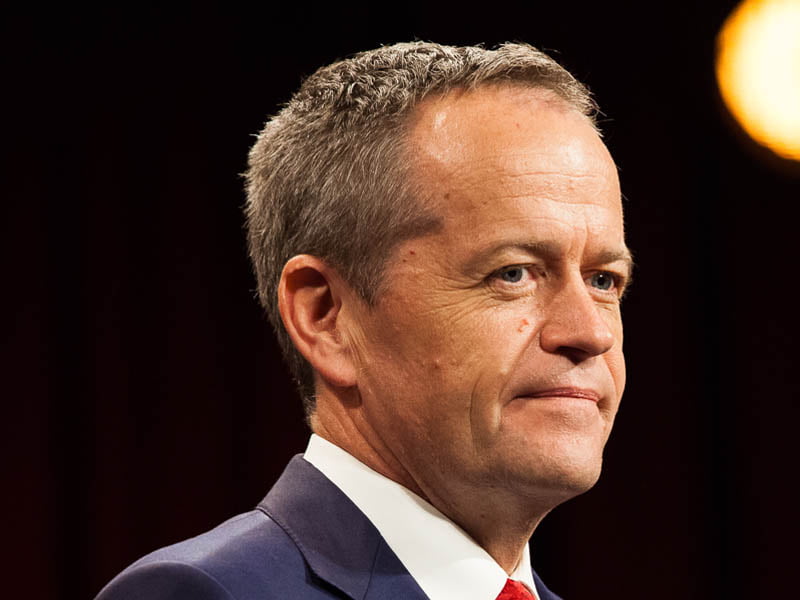Former Labor leader Bill Shorten has been soft-landed into the shadow Cabinet in the challenging NDIS and service delivery portfolio, while the experienced Brendan O’Connor takes an expanded brief as Employment and Industry spokesman in Opposition leader Anthony Albanese’s first ministry.
Long-time opposition spokesperson Michelle Rowland has retained her Communications portfolio role within Cabinet, while Victorian MP Clare O’Neil joins the outer ministry as spokesperson for Innovation, Technology and the Future of Work.
Mr Albanese appointed for new faces to the shadow Cabinet, including former NSW Premier Kristina Keneally to the giant Home Affairs portfolio and former ACT Government chief minister Kate Gallagher, who returns to the Senate after falling foul of the citizenship fiasco and has been appointed Opposition finance spokesperson.

The two other new shadow Cabinet faces are the highly-regarded Queensland MP Terri Butler in Environment and Water, with Western Australian MP Madeline King takes on Trade. Young Queenslander Jim Chalmers – a former chief of staff to Wayne Swan – is Shadow Treasurer.
Shadow Cabinet & Outer Shadow Ministry #auspol pic.twitter.com/JaJad1mE5T
— Political Alert (@political_alert) June 2, 2019
For the technology industry and the broader innovation ecosystem, the shadow ministry appointments are not a bad outcome.
Brendan O’Connor has been off the frontbench for some years, but is an experienced ministerial hand, having held the Employment, Home Affairs and Human Services portfolios during the Rudd-Gillard years.
Mr O’Connor has been given an expanded brief, as Mr Albanese has joined Employment with Industry. His full title is shadow minister for Employment and Industry, as well as for Science and Small and Family Business.
Ms O’Neil as junior minister picks up the title shadow minister for Innovation, Technology and the Future of Work.
Mr Albanese said he expected that Ms O’Neil would perform with distinction. She has written a book (with fellow Victorian Labor MP Tim Watts on the technology, the economy, and the future of work) and will “make sure that innovation and technology works for people rather than the other way around.”
It will be certainly worth watching Bill Shorten perform, both as the shadow minister for Government Services, and the shadow minister for the National Disability Insurance Scheme.
The Prime Minister Scott Morrison has flagged the portfolio as a priority through the creation of Services Australia. But both the NDIS and some of the flagship programs under the department formerly known as Human Services are about one failed tech project away from being declared a fiasco.
The Digital Transformation Agency, despite getting on a more even keel under current CEO Randall Brugeaud, is an expensive and chronic underperformer. It has not remotely had the impact that was expected of it.
Scott Morrison is right to prioritise service delivery as an area where government can get some political wins. But there are opportunities for Labor here also, given the challenges of the portfolio. Mr Albanese acknowledged this is a good place for Bill Shorten, given his involvement in creating the NDIS and ongoing emotional ties with scheme.
“Bill Shorten will perform the role which I think, he above anyone else, is made for,” Mr Albanese said. “He of course made such an impact on Australian politics with his work on the National Disability Insurance Scheme.”
“He will hold the Government to account and make sure that it is the people with disabilities who are at the centre of attention for that scheme as it is rolled out.”
The addition of Katy Gallagher as shadow Finance spokesperson is an important appointment, given her experience as a chief minister in the ACT. She also takes on the position as shadow minister for the public service at a time when the David Thodey public service review is coming to a conclusion.
Do you know more? Contact James Riley via Email.

